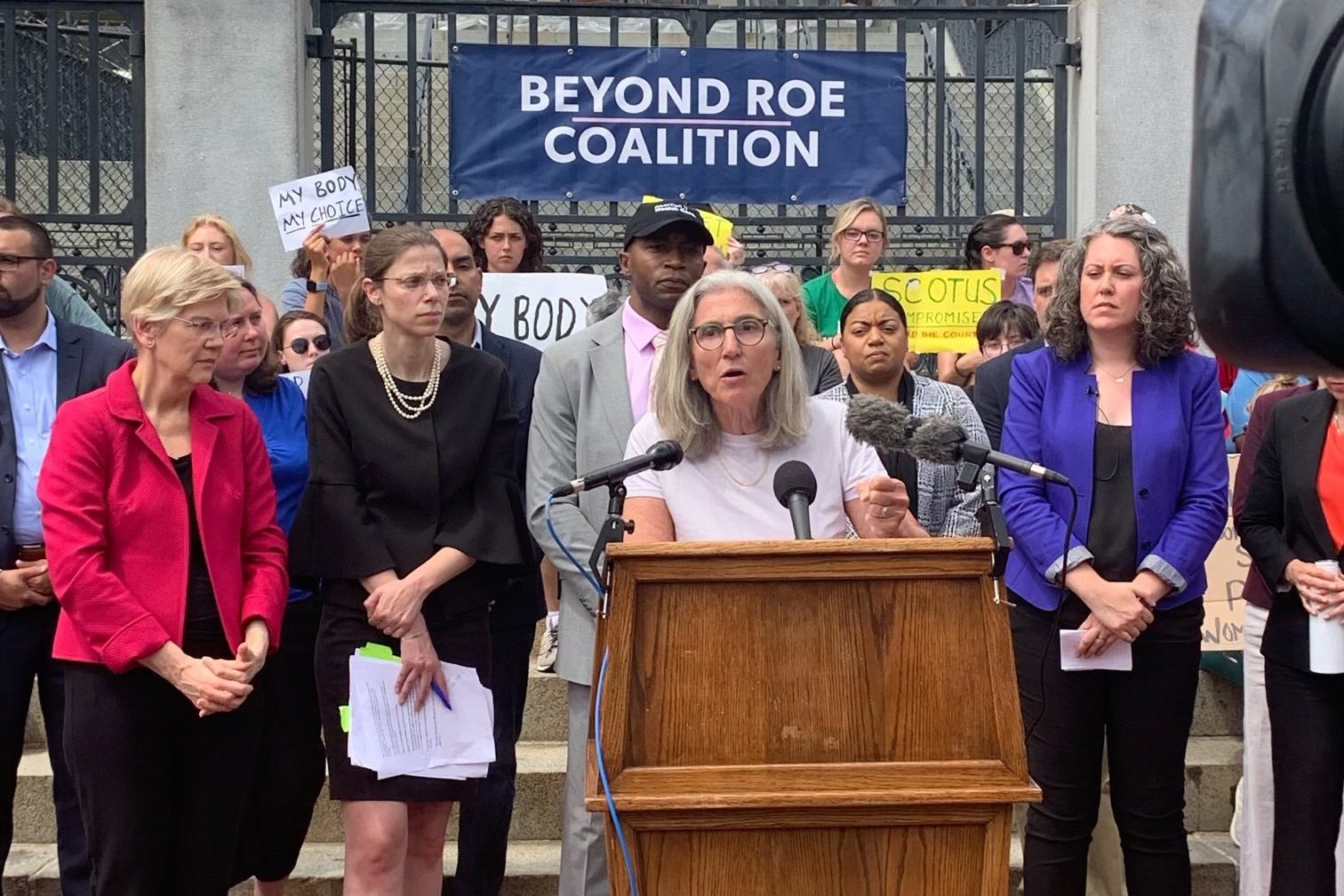Bill builds on Senate’s work to reduce prescription drug costs, promote transparency, and increase patient access
BOSTON (02/10/2022) – Today, the Massachusetts Senate passed by a vote of 39-1 An Act relative to Pharmaceutical Access, Costs and Transparency (PACT Act 2022), comprehensive pharmaceutical legislation to address the rapidly increasing cost of prescription drugs and to ensure life-saving medications are affordable, fairly priced and accessible for all consumers. Senator Cindy F. Friedman (D-Arlington) took a lead role in crafting the legislation for the Massachusetts Senate.
“This legislation moves the Commonwealth one step closer to a system that delivers affordable, high quality, and accessible care for our residents,” said Senator Friedman, Senate chair of the Joint Committee on Health Care Financing. “The PACT Act 2022 ensures that more consumers can access prescription drugs at a fair price, by capping out-of-pocket insulin costs, providing relief for certain high-cost drugs, improving patient access to medications and pharmacies of their choice, and enhancing transparency and oversight within the pharmaceutical industry. I thank President Spilka, Chair Rodrigues, my colleagues, and the many stakeholders who helped craft this bill, and I am hopeful that this legislation will be signed into law soon.”
Too often, patients cannot access the medications they need due to high prescription drug prices. The PACT Act 2022 contains enhanced accountability tools to address this and other barriers to care. Currently, Massachusetts cannot effectively identify the drugs that have burdensome costs which prevent patients from being able to afford them. These cost barriers also contribute to unaddressed health issues and often worsen conditions.… Read more.



